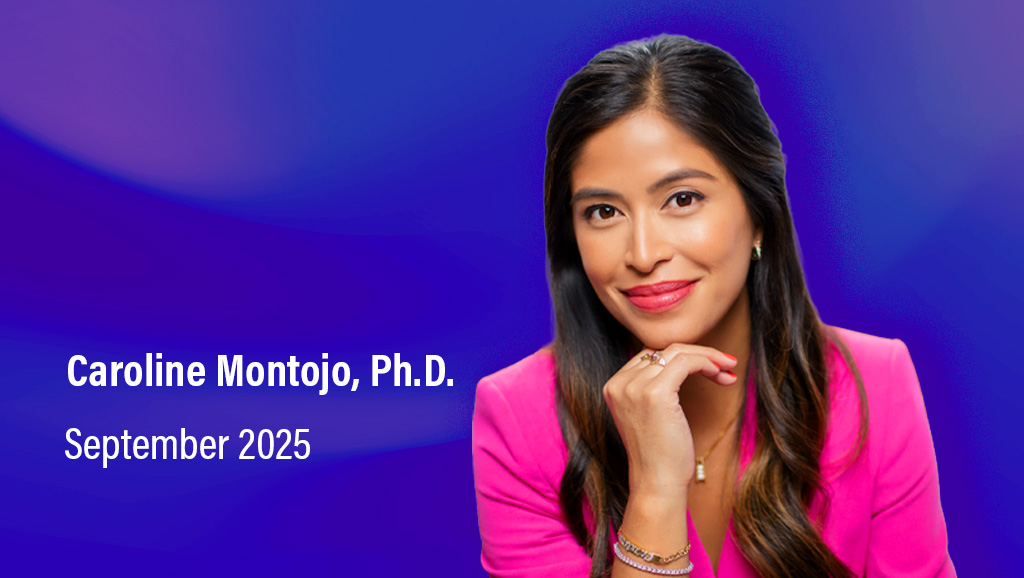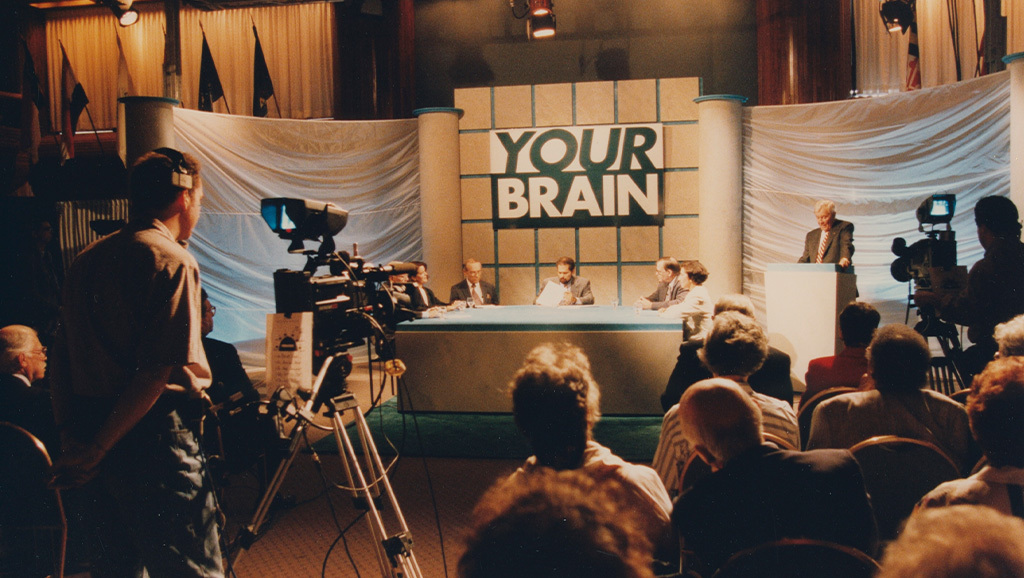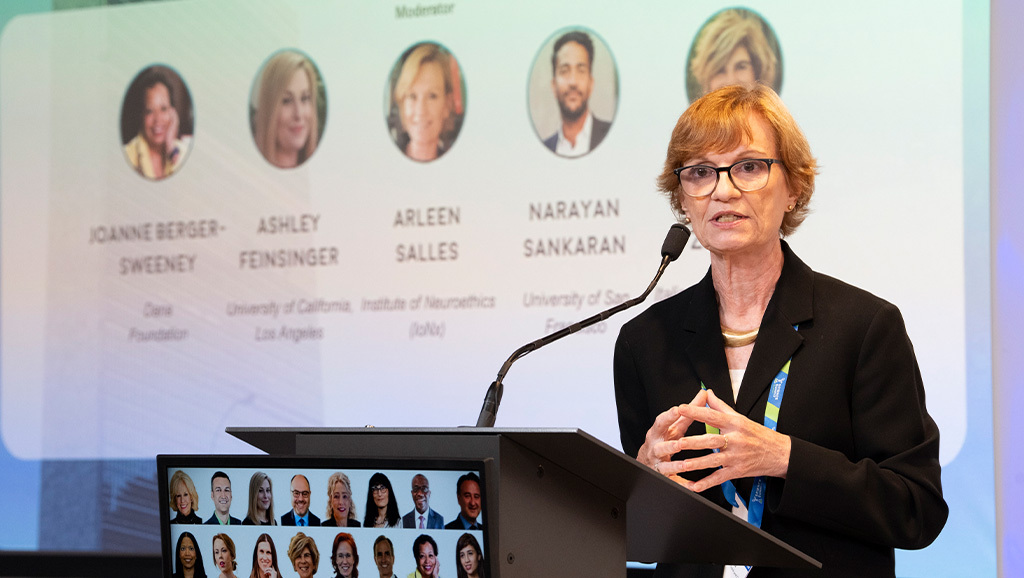President's Perspective
Trust and Engagement in Neuroscience: Listening Must Shape the Future

The science, health, and philanthropy communities will convene this week during the United Nations 80th General Assembly (UNGA80) Science Summit to consider the emerging forces shaping the future of science and health—from policy changes affecting the sustainability of the scientific enterprise to the rapid advancement of technologies.
These issues are particularly relevant to the future of neuroscience: Federal level cuts in National Institutes of Health (NIH) and National Science Foundation funding threaten to impede basic research in areas like Alzheimer’s disease, while technological advancements are beginning to outpace the public dialogue about potential uses and misuses and risks and benefits of these developments. Technologies like brain-computer interfaces and new research models like neural organoids hold extraordinary promise and are already in use. But they also raise questions that are deeply social, ethical, and legal—questions that, unless answered and addressed preemptively, can undermine positive belief and trust in the impact of scientific research.
The complexity of this moment demands that the neuroscience community move beyond transactional, unidirectional forms of public engagement and toward inclusive dialogue that brings scientists and society together. That’s why at UNGA80, the Dana Foundation is partnering with the European Brain Council to convene researchers, ethicists, and policymakers with community leaders to discuss how we can improve public trust in science. We’re delighted to welcome:
Ashley Feinsinger, Ph.D., Co-director, UCLA-CDU Dana Center for Neuroscience & Society
Narayan Sankaran, Ph.D., Assistant Professor, University of San Francisco, Former Civic Science Fellow
Paola Zaratin, Ph.D., Director of Scientific Research, Multiple Sclerosis International Federation (MSIF)
Arleen Salles, Ph.D., (Moderator), Executive Board Member, Institute of Neuroethics (IoNx), Neuroética Buenos Aires
Together, this panel will share about how patients and other communities engage on topics of personal risk and benefit when it comes to neuroscience, and how responsibilities in science can be shared between researchers and communities. Speakers will consider the role of community-partnered neuroscience as a promising paradigm for building public trust with a focus on concrete models of multidirectional engagement, from community-level projects to patient-driven policy initiatives.
At the UCLA–Charles Drew University Dana Center for Neuroscience & Society, for example, community members in South Los Angeles are working together with scientists and local leaders to cocreate what scientific engagement looks like. Holding dialogues in local barbershops and at community centers, they’re learning what brain health means to local families and how these residents see neuroscience improving their daily lives. The result is a new kind of partnership grounded in trust and shared authorship of science.
The UNGA panel will also explore the ways in which perceptions of neuroscience and neurotechnologies vary widely. What is seen as progress in one setting may raise concern in another. Cross-cultural ethical frameworks and governance models cocreated with scientists, ethicists, and community perspectives are critical to shaping a future where science meaningfully benefits people.
Public input cannot be an afterthought or a checkbox. It must frame our understanding of scientific responsibility and reflect a wide range of perspectives. The very future of our field demands not only the protection of scientific rigor and research investment—but also community trust that can be earned through listening, active engagement, and a commitment to reshaping how science and society work together.
The panel will be held on September 25. Register here.
Recommended Reading

From Broadcast to Belonging: Dana's Public Engagement Evolution

Reciprocity in Neuroscience: Dana Foundation Panel at the UN Science Summit

